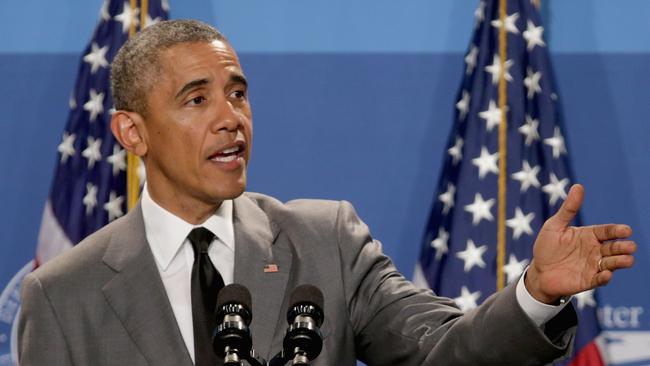President Nears Federal Pay Raise Deadline
 President Obama must formally announce the 2016 federal pay raise proposal by August 31. Sources say that President Obama will ask for a 1.3 percent raise across the board for civilian federal employees. President Obama included this figure in his 2016 fiscal budget and he has continued to support that number since the initial projection.
President Obama must formally announce the 2016 federal pay raise proposal by August 31. Sources say that President Obama will ask for a 1.3 percent raise across the board for civilian federal employees. President Obama included this figure in his 2016 fiscal budget and he has continued to support that number since the initial projection.
FEPCA Possibility
- Also Read: The Side of Civilian Military Employment Benefits Nobody Mentions Until After You Retire
- Also Read: 4 Things You Should Consider Before Deciding When to Start Your Social Security Payments
- Also Read: Are You Eligible for the Federal Employee Retirement System (FERS)? Find Out Here
Despite the recommended increase by the FEPCA, presidents typically propose their own increases, which is allowable under the law. The purpose of the FEPCA is to provide an annual salary increase to help bring private and public pay closer together.
The Obama administration has taken criticism for low federal employee salary raises, including three years without any raises at all. The government hopes these new pay areas will offer new avenues for increasing pay to federal employees.
New Locality Pay Areas
Civilian federal pay rates were frozen in 2010 and this is not likely to change in 2016, however, some federal employee salaries could see in increase thanks to the creation of 13 new locality pay areas. These pay areas will provide a significant raise to just over 100,000 federal employees.
To offset the significant increases in these new regions, the government expects to maintain lower increases in current areas. New proposed pay regions include: Albany, New York; Albuquerque, New Mexico; Austin, Texas; Charlotte, North Carolina; Colorado Spring, Co; Davenport, Iowa; Harrisburg, Pennsylvania; Kansas City, Missouri; Laredo, Texas; Las Vegas, Nevada; Palm Bay, Florida; St. Louis Missouri; and Tuscan, Arizona.
These new pay rate areas take effect in 2016.
Congress Must Approve the Raise
If the president does present the projected 1.3 percent increase to Congress, Congress must still approve the raise. In theory, Congress could ignore the president’s recommendation and the FEPCA formal in favor of creating their own pay raise proposal, though experts do not expect this to happen.
As of earlier this week, the House has already passed half of the 12 proposed spending bills for 2016, though the Senate has yet to pass any. Last year Congress approved a 1 percent pay federal salary increase proposed by President Obama. Congress also approved a 1 percent increase in 2014 and this was following three years of frozen pay.
Historical records show that the Obama administration has offered the lowest federal salary increases in history. In 2010, federal employees saw a pay increase near 4 percent. In 2011 through 2013, pay raises were frozen and 2014 and 2015 gave federal employees an increase of only 1 percent.
Some lawmakers have proposed a legislation that would provide a 3.8 percent pay increase, though most experts do not expect this bill to be successful.
President Obama has until Monday to submit his proposal.









